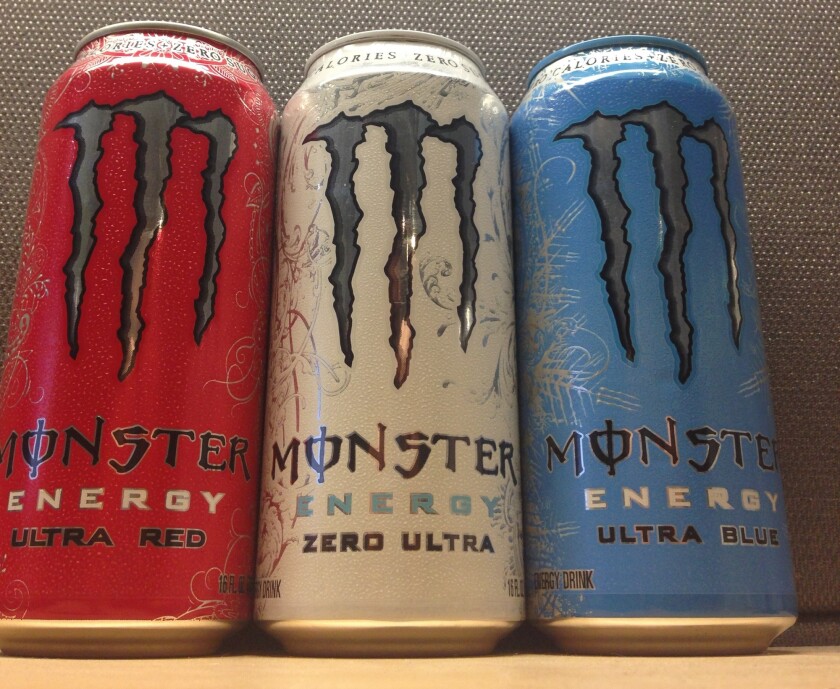Zambian trademark law is being modernised, and draft new legislation has been published. This is long overdue – the present legislation, the Trade Marks Act Chapter 401 (the TMA), dates all the way back to 1958. But for now the TMA continues to apply.
Recent case law
A trademark judgment, Swiss Bake Limited v Monster Energy Company, in January 2023 deals with well-known marks. A Zambian company, Swiss Bake Limited (Swiss Bake), applied to register the trademark ‘Amazon Monsta Creams’ in Class 30 for biscuits. A US company, Monster Energy Company (Monster Energy), opposed the application.
The opposition was based on earlier Zambian registrations for marks incorporating the word “Monster” (such as ‘Monster Rehab’) in classes 5, 30 and 32. It was also based on the claim that the mark ‘Monster’ is a well-known mark under Article 6 bis of the Paris Convention for the Protection of Industrial Property (the Paris Convention).
Monster Energy relied on significant worldwide use of its marks over a period of some 20 years. It submitted evidence of sports sponsorships in Formula One and the UFC (mixed martial arts). Monster Energy claimed that there would be consumer confusion and that the application for ‘Amazon Monsta Creams’ had been filed in bad faith.
Judgment
The hearing officer found for Swiss Bake, saying that there was no likelihood of confusion. One consideration was that Article 6 bis of the Paris Convention has not been adopted in Zambian law. Another was that UK judgments say that similarity or dissimilarity cannot be determined solely by class. Relevant considerations include:
The nature of the goods;
The uses and users of the goods;
The extent to which the goods are competitive; and
The trade channels used.*
The hearing officer held that confections and biscuits are not similar to nutritional supplements in liquid form, or non-alcoholic beverages such as tea, because the goods do not have the same physical nature (one is solid, the other liquid), they do not compete, and they are not found on the same shelves in stores.
*Jellineks’ Application 63 RPC 59 and British Sugar Plc v James Robertsons & Sons Ltd (1996) RPC 281.












